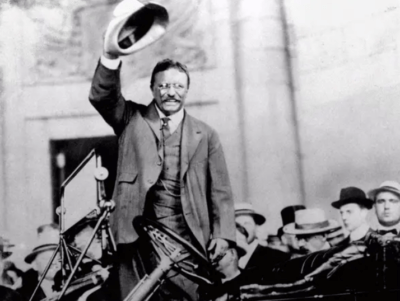Sometime last year, I attended a neighborhood meeting. We were setting up a local org to advocate for neighborhood interests. As well as hold fun parties and events.
Setting up a group like that involves considering lots of issues. But one key issue amounts to deciding who, exactly, makes up the org’s constituency. Whose interests should we include? Did we want an org of residents or residential and commercial property owners?
What is a neighborhood org, anyway? Did we want it to be an org of tenants and homeowners, or an org of homeowners, landlords, and small business owners? As readers might imagine, I advocated strongly for the former.
But during the discussion, a local politician objected to that whole question. He claimed constituency ‘doesn’t matter’ and that ‘debates like this turn people off from joining an org.’ In his opinion, the policies we advocate would matter far more than who makes up the group.
Where might this strange view come from?
Progressive ‘Organizing’
Who was this politician? It doesn’t matter. He laid out a common sentiment among Iowa City progressives. The politician is, in fact, a standard Iowa City Warrenista. He identifies as a progressive, endorsed Liz Warren, and volunteered for her 2020 campaign.
Ideas like this come from a progressive theory of ‘organizing.’ In short, the theory goes like this: progressives build a vision for ideal progressive policy solutions. And then they lobby public officials in order to realize the vision.
Behind all this, the theory lacks any vision of how to build popular power. Nor does the progressive show much interest in working class people taking a role as protagonists in the political system. They consider putting people together in that way to be a waste of time. Rather, they see working people as recipients of aid or charity. To organize them merely takes time away from policy vision and advocacy.
On this theory, it’s through advocacy – building good arguments for the right sort of policy – that we achieve change in the world.
Leftist Organizing
For leftists, the progressive theory of ‘organizing’ is anathema. Worthy, indeed, of scare quotes. This all reveals a key difference between progressive politics and leftist politics.
Constituency matters to leftists. A lot.
And it matters not only because progressives who aren’t working class people tend to move to the political right as soon as political change starts to threaten their perceived self-interest. (Though most of them certainly do this – e.g., in their advocacy for YIMBY policy, in their opposition to public housing, and so on).
Rather, it also matters because leftists link their political vision inextricably to popular control over the economy. For the left, working people – people closer to the work – are the most competent to govern the workplace. We don’t need our alleged ‘betters’ to make decisions for us. We don’t need progressive ‘experts’ to show us the way.
Popular working-class control forms the key to getting the right sorts of policies in the long-term. And those better policies will work in the interests of working people. Getting to that place requires leftists to put working-class people together, engage in mutual aid and education, and deliberate democratically about needs. It’s these things that build both a popular majority and better policy.
Progressives don’t understand that.
